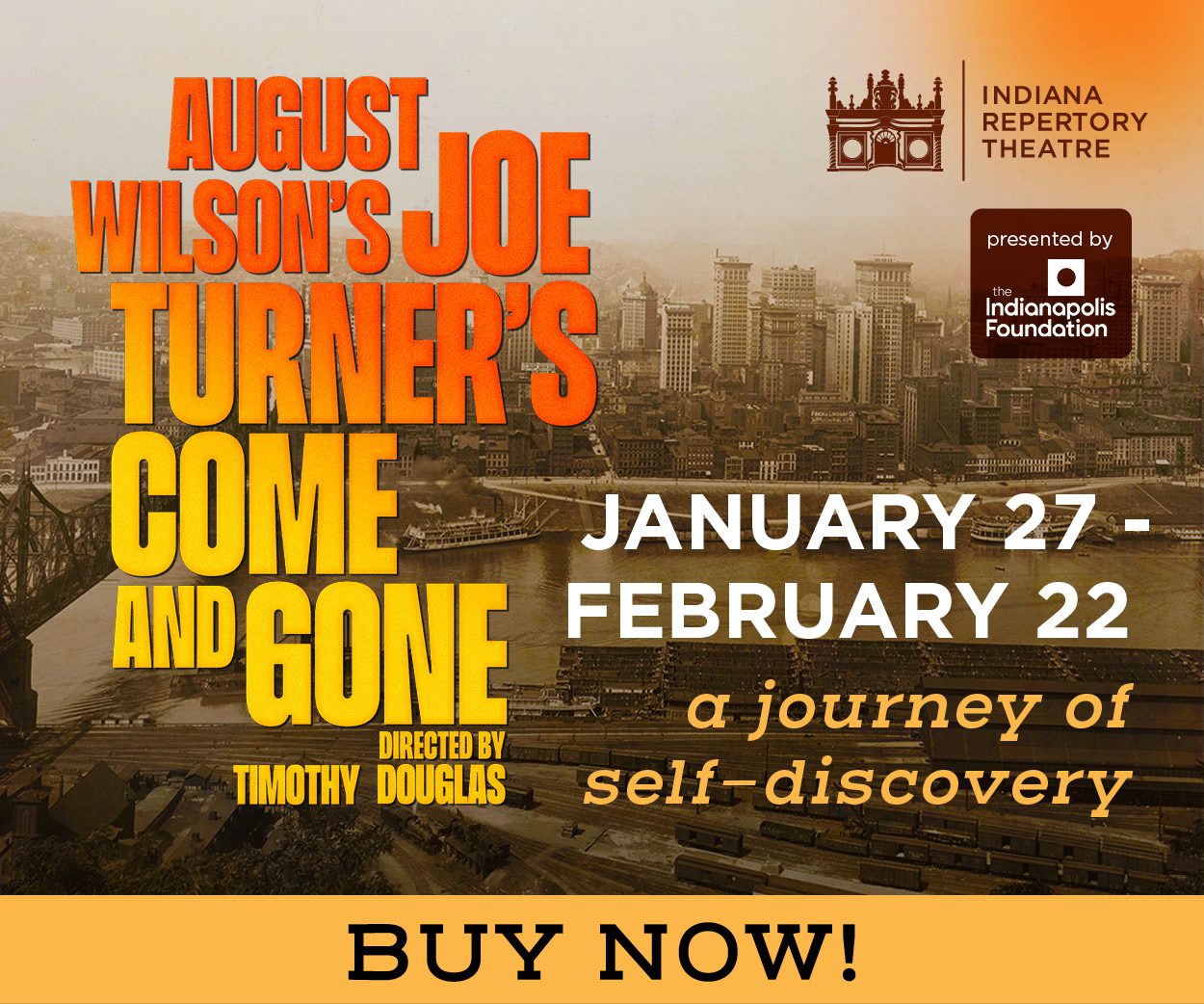This column begins with goof news. For the first time in nearly 20 years and only for the second time in 45 years; enrollment in the Indianapolis Public Schools (IPS) increased.
According to preliminary data for the 2013-2014 school year, IPS’ enrollment is 30,086. That’s up 183 students from last school year’s total attendance of 29,803.
Since 1968, IPS’ attendance declined each year except for a small 68 student increase in the 1993-94 school year.
IPS’ growth this school year was unexpected. This good news will surprise many – inside and outside the district.
After the loss of the four IPS takeover schools last year and the continued growth of charter schools and the voucher program, everyone assumed continued IPS enrollment declines – not a 183 student gain.
IPS’ growth was powered by the one group that’s consistently shown increases in IPS attendance – Hispanics. According to the preliminary totals, Hispanic students increased in IPS by 499 to 6,589; making them the second largest racial/ethnic group in IPS comprising 21.9 percent of total enrollment.
With 15,711 students, African-Americans are the largest racial/ethnic group in IPS with 52.2 percent of total enrollment.
Non-Hispanic white students in IPS have been declining since Indiana began collecting public school enrollment racial/ethnic data in 1986.
The advent of the state’s voucher system and the disproportionate number of white students who attended three of the four IPS takeover schools generated a sharp drop in IPS’ non-Hispanic white enrollment between 2012 and 2013. White enrollment fell from 7,243 in 2012 to 6,324 in 2013; a decline of 919 or 12.7 percent.
This school year non-Hispanic white enrollment fell again to 6,164; down 160 students, or 2.5 percent. Non-Hispanic whites now comprise 20.5 percent of IPS’ total enrollment.
Despite the wishful thinking of school reformers, there still is no evidence that IPS is generating net increases in white students.
The data reported by IPS to the Indiana Department of Education are still preliminary and there could be changes and fluctuations before final totals are released by the state early next year.
But the trend seems to show that, for this school year, IPS may have stabilized its enrollment; fueled by a smaller than expected Black enrollment drop and continued surging Hispanic enrollment.
For this school year, IPS is on an upward trend. And by any standard that’s good news.
Now, to the not so good news.
For the 30th Circle City Classic, last year’s disastrous attendance at both the parade and the game improved. But despite the attendance uptick, if I can use medical terms, the patient is still critically ill and remains in intensive care.
It seems actual game attendance was slightly improved over last year’s disaster. Sources after the game told me some 18,000 tickets were “scanned” for the game. That’s venue language for people actually admitted to Lucas Oil Stadium. In Sunday’s Indianapolis Star correspondent Tom Moor reported that Classic attendance was 22,357.
Though attendance was up, this 30th Classic was the second lowest attended Classic ever. Far, far, far from what attendance should’ve been for this third decade celebration.
More ominously, even though attendance was up a tad, financials of this year’s Classic are precarious.
This anniversary Classic was expensive to stage because of the premium fees both schools are said to have received. Together Grambling and Alcorn State shared nearly $500,000.
For several years, the Classic’s expenses have ranged between $1.6 to $2 million. Though other expenses were reduced, this 30th Classic will be on the high end of that expense range.
In the four years Expo’s been in direct control of the Classic, the event has been a financial disaster.
According to Expo’s IRS Form 990 tax returns released by Guidestar, the Classic lost $435,177 in 2010 and a whopping $1.165 million in 2011.
The abysmal attendance and large ticket price discounting of the last two years could make those losses ever more horrid.
Many didn’t know the Classic date had changed from its traditional first Saturday in October because there was no coherent marketing plan in place and operating when the new date was announced last spring. Classic marketing didn’t really begin until mid-August.
IBE’s four year stewardship of the Classic has generated multi-millions of dollars in deficits. Its myriad of sales, marketing, PR, outreach and communications mistakes have alienated sponsors – core and peripheral; volunteers and based on thousands of turned off ticket buyers – the community.
Classic sponsors I talked with during the Classic want to support the event but feel strongly that it’s time Expo, especially its board, come clean with them and our community about their financial condition, which many believe is extraordinarily precarious.
Many in our community with business experience and expertise look at the decreasing attendance and sponsorships at the Classic and IBE’s Summer Celebration and strongly believe that financially both events are in trouble.
But Expo’s leadership and board continue their Pollyannaish “nothing’s wrong” attitude.
Indiana Black Expo is a non-profit that should be exercising accountability and openness. But sadly, IBE’s more secretive than the NSA.
Our community can’t wait for the release of Expo’s financials in two years by Guidestar because by then it could be too late.
It’s time Indiana Black Expo gets honest with our community and shares the bad news.
Final Expo/Classic outrage.
For the second year, Indianapolis Recorder photographers and those from other local Black publications were banned from entering the Classic Parade’s VIP tent. For years, Black newspaper photographers were able to do their thing and you saw their photos in this newspaper and other publications.
Acting on orders from unseen Classic Parade officials, even I was evicted from the Parade VIP tent before I could interview Gov. Mike Pence who I was waiting for there.
Shameful treatment of Black media on Parade Day must end.
See ‘ya next week!
You can email comments to Amos Brown at acbrown@aol.com.







